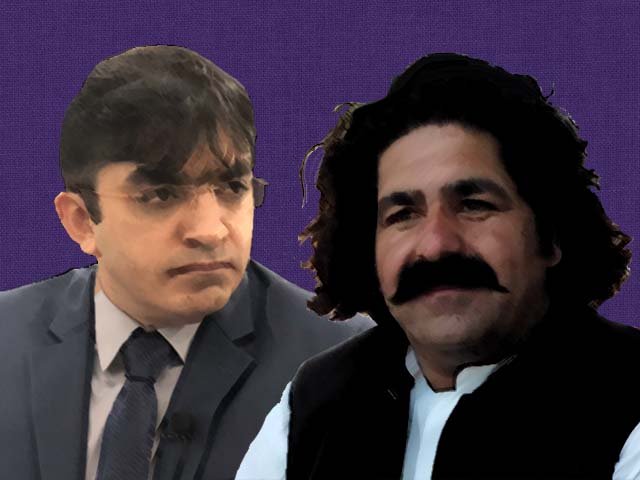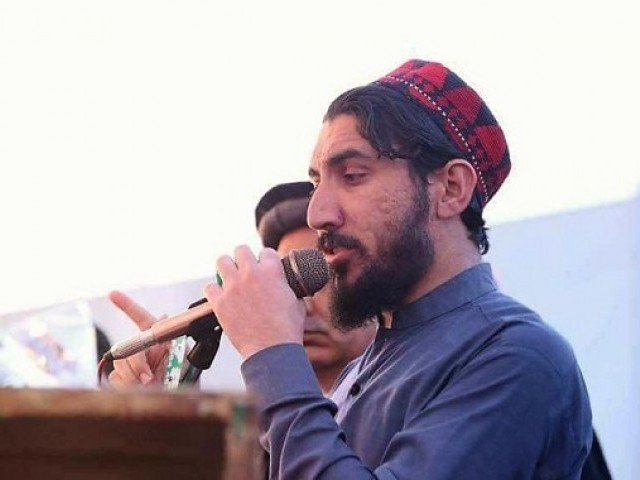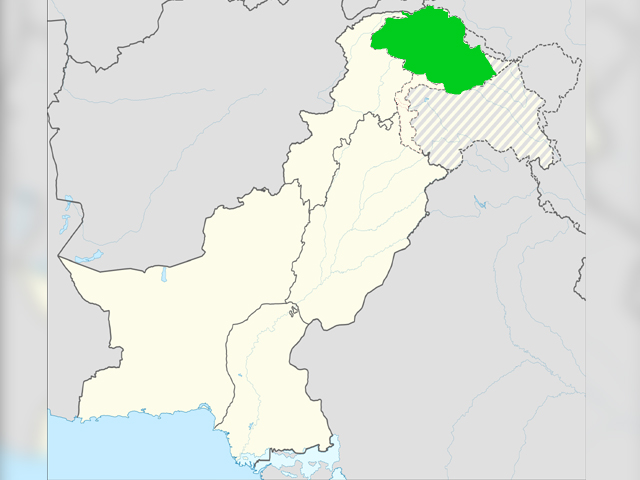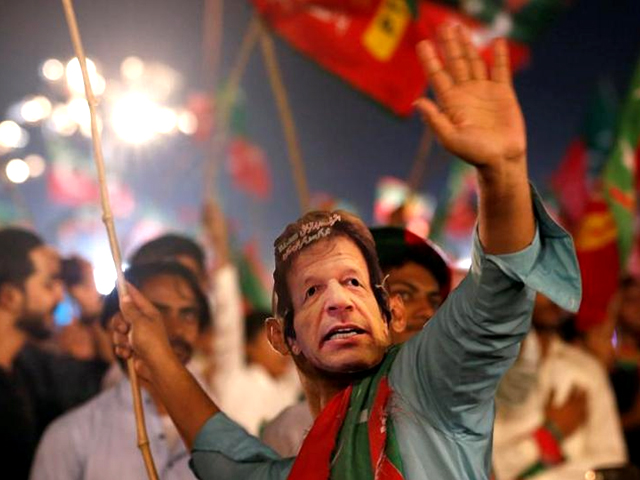
Given the support PTM has, the government will have to address the genuine concerns of the PTM leaders.
What does the future hold for PTM?
For some PTM is a stooge of certain clandestine agencies, while others see it as the legitimate voice of the Pasthuns
After his release from prison, Dawar began his fiery speech in Parliament last month with a Pashto verse which translates to,
“My hands are shackled and you slap me on my face; my beloved, one day I will settle the score.”
Mohsin Dawar and Ali Wazir, leaders of the Pashtun Tahafuz Movement (PTM), had been arrested in May earlier this year after the unfortunate incident at Kharqamar, North Waziristan. The duo were spearheading a protest when the incident in question came to pass. However, before attempting to understand PTM’s demands and their grievances, it is important to grasp the context within which they are rooted.
After the Kharqamar incident, two conflicting accounts emerged. According to the official account, some armed protesters assaulted the Kharqamar check-post after being denied passage through the post by military personnel, which led to the army personnel responding. However, another account repudiates the assertion that the workers of PTM, under the tutelage of Dawar and Wazir, resorted to an armed confrontation with the security personnel. But the purpose of writing this piece is not to establish which account is veracious and which one is spurious. Instead, it is to try and understand how PTM and the state should now move forward.
While some people look at PTM as a stooge of certain clandestine, hostile agencies, there are others who see the movement as the legitimate voice of the oppressed Pasthuns; who have suffered tremendously ever since the Soviet invasion of Afghanistan and the post 9/11 insurgency in the region. These two events have had disastrous ramifications for Pashtuns living on both sides of the Durand Line. Erstwhile Federally Administered Tribal Area (FATA), a troubled region lying in close proximity to Afghanistan, became an abode for terrorists in the aftermath of the 9/11 attacks. Consequently, the military operation launched by the Pakistan army in the region resulted in the mass evacuation of the locals. While the scourge of terrorism was forced to retreat, the success came at an unmitigated loss of lives and land.
It was therefore against this gloomy backdrop that PTM’s calls for a protection of the rights of the Pashtuns resonated with the people in the region. The government has to understand that the reality that Dawar and Wazir have a huge support base in North and South Waziristan cannot simply be written off. The fact that people turn out in huge numbers whenever PTM stages a demonstration or a rally speaks volumes about the fervent support base that this movement has generated. This necessitates that the demands of PTM are dealt with in an amicable manner.
First and foremost, the government will have to address the genuine concerns of the PTM leaders. For instance, the presence of landmines in many of these neighbourhoods exposes people to incidents which could otherwise have been averted. The issue of missing persons in the region is also one of the major points of contention and warrants immediate attention. Additionally, putting an end to the extrajudicial killings of Pashtuns also features on PTM’s list of demands, while PTM leaders also want the harassment of their supporters by security forces to be stopped.
In response to Dawar’s speech, Defence Minister Pervaiz Khattak stated that the government could sit down for talks with the disgruntled PTM leaders, provided that they stop speaking against the state and the army. Engaging with the PTM leaders will be a step in the right direction since ostracising the elected members of Parliament will be a great disservice to their constituents.
At a time when Pakistan is mired in a daunting economic quagmire, amidst a myriad of other problems on internal and external fronts, it is inadvisable to antagonise its own people. Those at the helm must do everything in their power to stave off this confrontational course, and instead focus on finding a solution. Imran Khan has spoken about how Pakistan trained and funded the mujahideen and the Taliban, who later became a liability instead of an asset for the country. He says so without facing any blacklash. Therefore, why can’t others voice similar concerns? Muzzling the voice of any individual or group will only breed resentment. If we wish to truly avoid future incidents like the one which took place in Kharqamar, it is imperative that we stop labelling our own people as traitors. Ultimately, I do believe that a solution to the grievances of PTM is both possible and necessary.




COMMENTS
Comments are moderated and generally will be posted if they are on-topic and not abusive.
For more information, please see our Comments FAQ